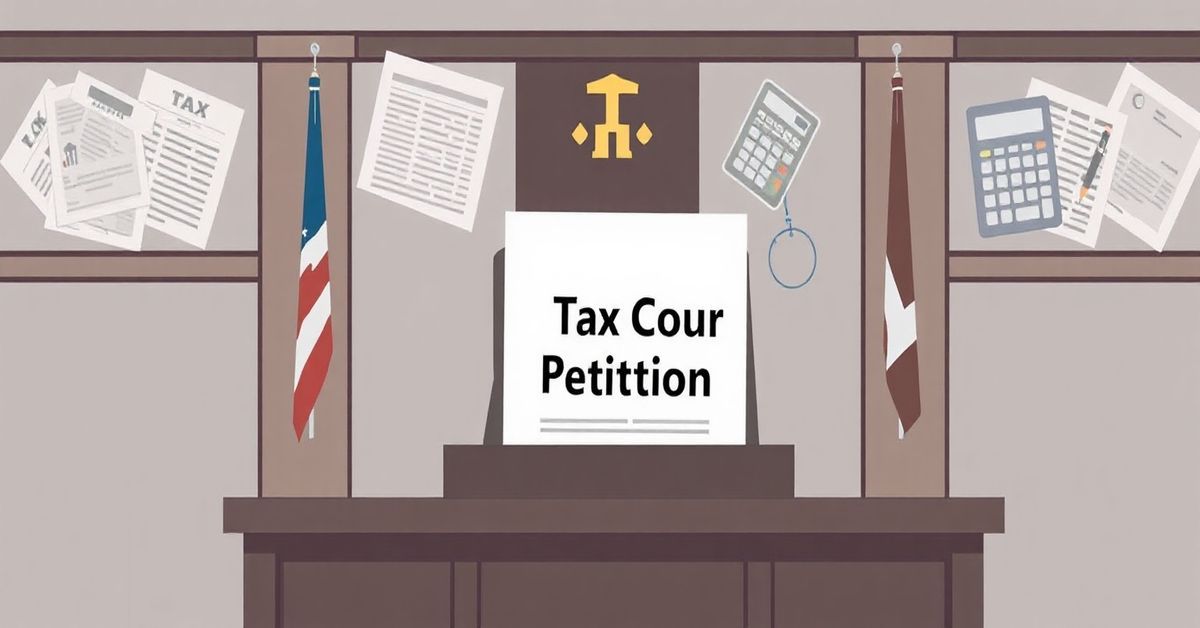Tax Court
What is Tax Court and When Would You Use It?
The Tax Court is a federal court where taxpayers can challenge the IRS’s determination of their tax deficiency without first paying the disputed amount. It provides an independent venue for resolving tax disputes.

